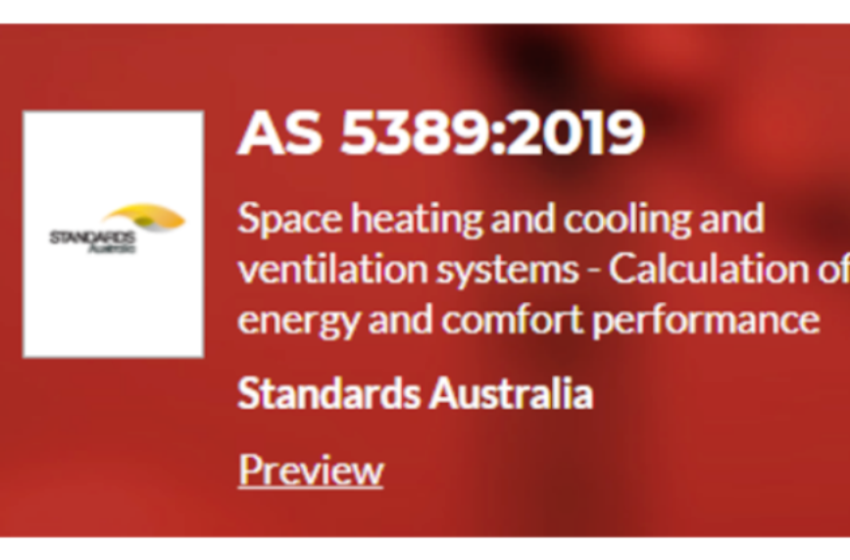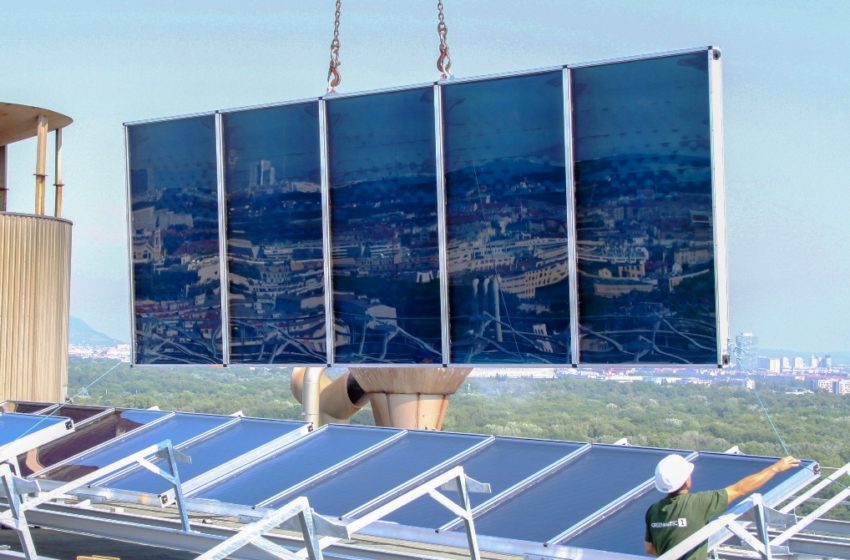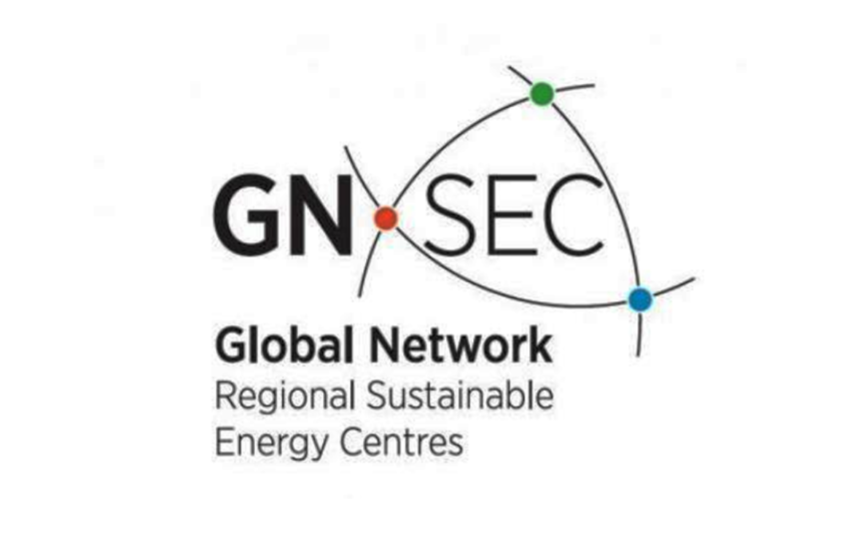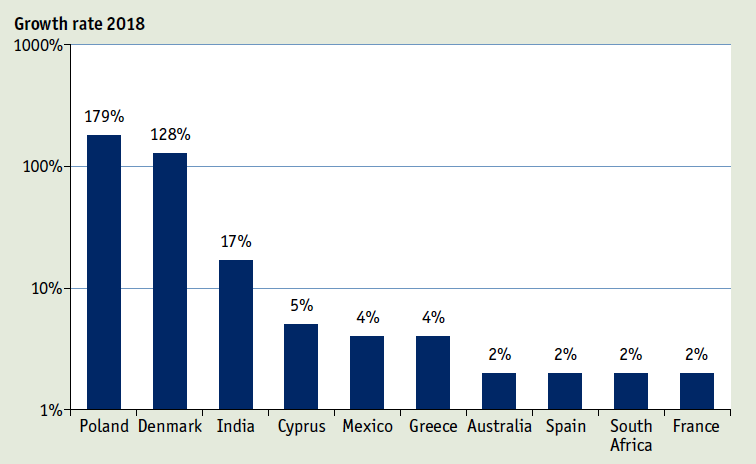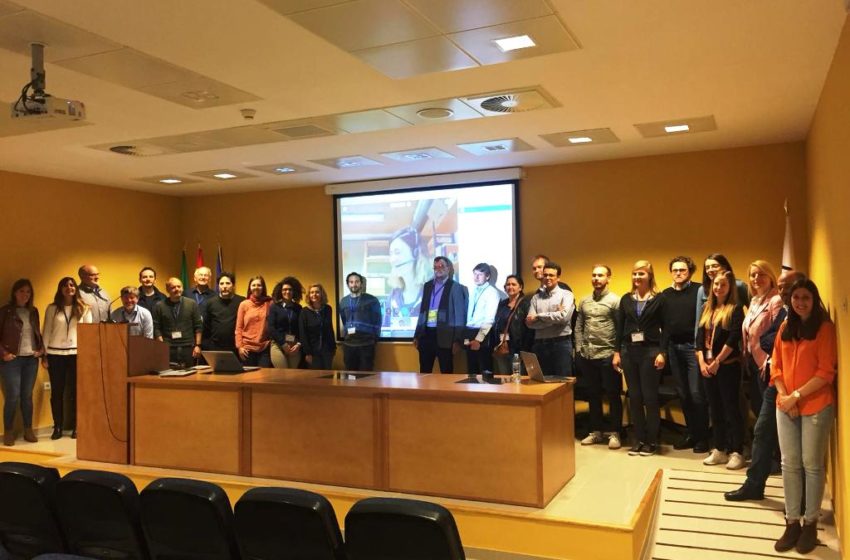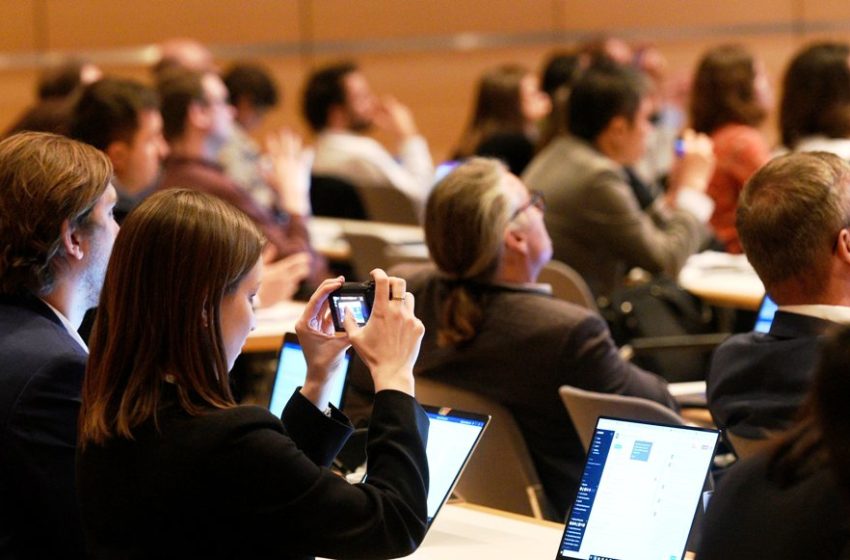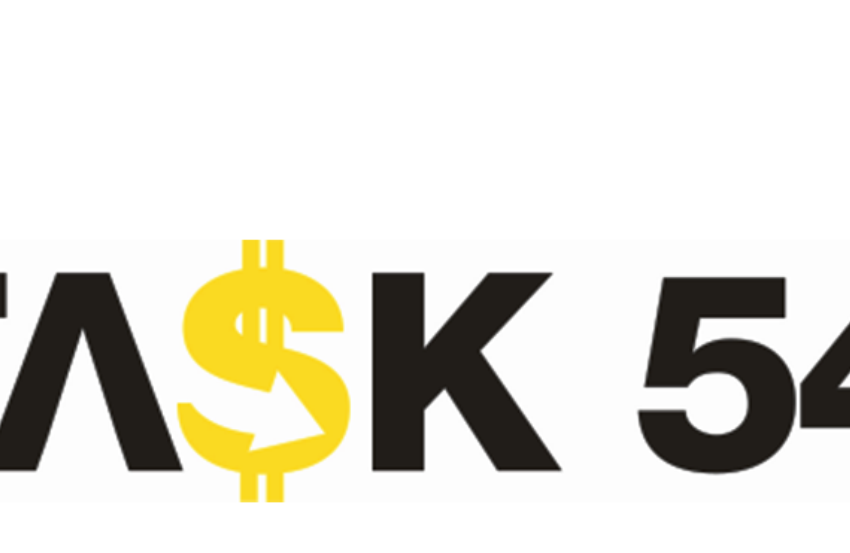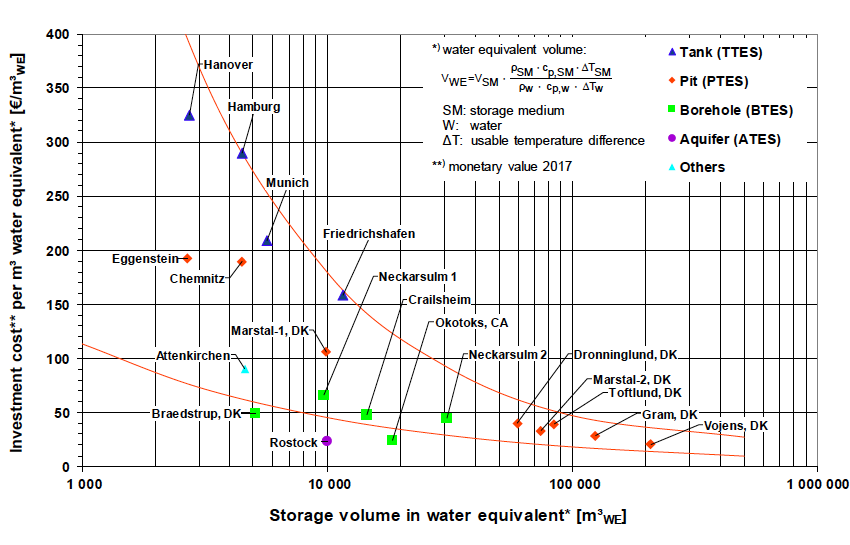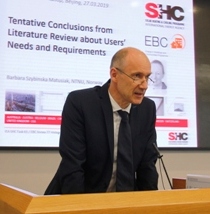On 28 June, Standards Australia’s Committee CS-028 on Solar Water Heaters published its first standard on solar air conditioning, named AS 5389. It contains a methodology to calculate the cooling […]Read More
The Solar Keymark Network has expanded its range of options by including in situ testing. At a meeting in March 2019, a revised version of the Solar Keymark (SK) Scheme […]Read More
The UNIDO-coordinated Regional Sustainable Energy Centres will become sponsor members of the IEA Solar Heating and Cooling programme, a decision made by the IEA SHC Executive Committee at a meeting […]Read More
The solar heating and cooling markets show a reversing trend. The majority of the largest markets outside of China saw demand increase for the first time since 2015. This trend […]Read More
Small desalination systems could help fight water scarcity, recover precious metals from industrial water, and treat wastewater from food processing so it can be re-used for field irrigation. These are […]Read More
This year’s Intersolar Europe, which took place in Munich, featured a conference session titled Solar, the new cool? Among the speakers at this solar cooling event, held on 15 May, […]Read More
The solar thermal industry cannot complain about a lack of enthusiasm among energy consultants: When asked in a survey by Task 54 of the IEA Solar Heating and Cooling Programme […]Read More
Within the IEA Solar Heating and Cooling Programme, preparations have been made to establish a new international research platform focusing on nearly market-ready technology and processes for industrial solar heat […]Read More
Denmark has had a successful learning curve regarding to the cost and efficiency of seasonal pit heat storage, which is used to store sunlight in summer for heating purposes in […]Read More
Why promote the use of daylight in non-residential buildings? What measures should government agencies take to help the market? How vital is it to standardise and certify solar thermal products? […]Read More
